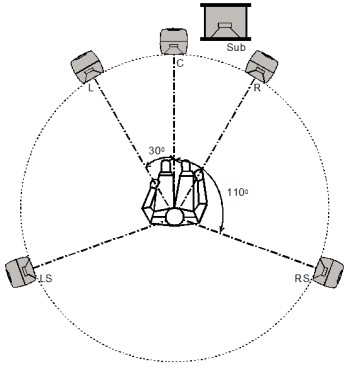That was not the point of the story. The point was what I told him: you need some way of grading your listening ability that is devoid of yourself. You can't say X sounded a lot worse than Y and I was right! Who says you were right? In my case, I had another person with very good listening abilities, i.e. my designer saying my impression was wrong. And so were two clients. In the case of Fiddle, who says he was right and not the salesman?
To make this more concrete, I will donate $1,000 to Fiddle's favorite charity if he can pass that same test he mentioned without knowing which interconnect is in use. That USB sound was appalling relative to S/PDIF. There is not a bone in my body that accepts that conclusion as anything but a faulty conclusion. Or else I would not make that offer.
Trying the blind test challenge of the audiophile to exhibit the result as a triumph in an audiophile forum? It is an old trick, I expected better as an argument.
The problem we face is that our total opinion of audio is built on a number of faulty tests and incorrect conclusions. That then forms a basis of strong bias leading to statements such as noise being 140 db down makes digital sound bad. I am sure Fiddle has strong conviction on that and it is as solid as anything else he would say about his life experiences. But that doesn't rise up to any level of factuality when the protocol to get there was beyond unreliable.
This total opinion of audio has lead us to great stereo equipments, great stereo systems and great stereo subjective enjoyment, that transcends your vision of stereo. You suggest us great scientific papers and training ourselves since long. Most audiophiles here know what way they have chosen and want to stay with. Even some of the most skeptic have skeletons in their closets!







